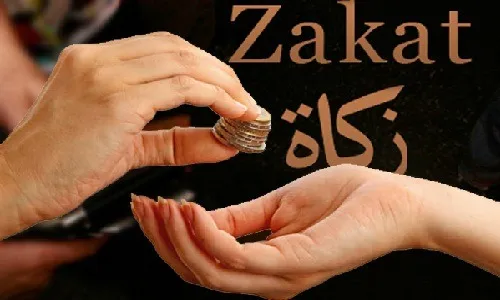The Association of Zakat and Waqf Operators in Nigeria (AZAWON) has called on the federal and state governments to institutionalise Zakat and Waqf as effective mechanisms for addressing the nation’s economic challenges and alleviating poverty.
Citing the Islamic Social Finance report (2015), AZAWON said Zakat has the potential to contribute 1.8% of Nigeria’s GDP.
Speaking during a press briefing in Kano, the association’s chairman, Engr. Muhammad Lawal Maidoki said, “The resources needed to eradicate poverty account for only 1.4% of GDP, demonstrating that Zakat alone could alleviate extreme poverty, measured at $1.25 per day.”
He described Zakat not only as a religious duty but a powerful instrument for wealth redistribution and community upliftment, fostering a shared sense of responsibility among citizens.
- Islamic scholars urged to engage in politics for better governance
- INEC seeks legal backing for IReV
AZAWON serves as the umbrella body for organisations managing Islamic charity in Nigeria, including governmental, corporate and emirate-based entities operating across over 25 states.
Maidoki stressed the significance of Islamic social finance instruments, such as Zakat and Waqf, in providing sustainable solutions to Nigeria’s economic problems.
“Zakat is ordained by Allah as a means to combat economic and social inequality,” he noted, adding that countries leveraging Islamic social finance, such as Malaysia, have made substantial progress in poverty reduction.
Maidoki urged Nigerian governments to adopt frameworks from Muslim-majority nations that have successfully used Islamic social finance to address poverty.
He also reaffirmed AZAWON’s commitment to ensuring efficient Zakat collection, distribution and management.
“Our member organisations are dedicated to adopting best practices to reach the needy while ensuring accountability and transparency,” he added.

 Join Daily Trust WhatsApp Community For Quick Access To News and Happenings Around You.
Join Daily Trust WhatsApp Community For Quick Access To News and Happenings Around You.


